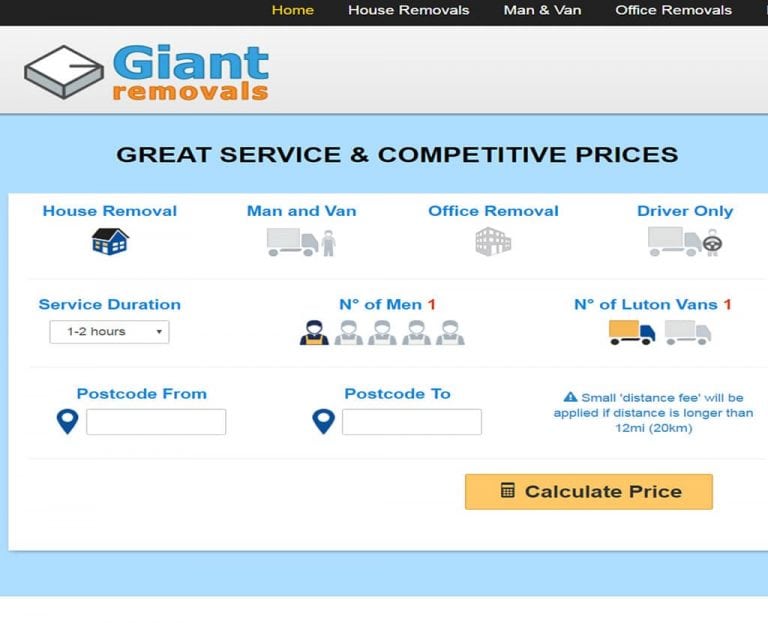How to Increase speed of WordPress site
While WordPress is great, one of its major weaknesses is that it can be very slow. Without doing the right thing, you could end up with a very slow website that’s not only a problem for visitors but also leads to a loss of customers and search engines demotion.
Now that there are faster internet connections, internet users have come to expect faster loading websites on their PC and mobile phone and anything that slows your site may cause irritation. In most instances, potential customers will simply click on another site instead of waiting for a slow page to load. Apart from the user experience, search engines such as Google treat a page load time as a ranking factor. Here is how to increase the speed of WordPress site.
Why is speed Important for your WordPress Site?
According to studies, from 2000 to 2016 the human attention span went down to 7 seconds. What does this mean for a website owner? This means that any website owner has got very limited time to show users his content and persuade them to stay. A website that loads slowly means that users will leave even before it loads. According to a case study done by StrangeLoop that involved Google, Amazon, and other sites, a 1 second delay can lead to over 7% loss in conversions, 16% reduction in customer satisfaction, and 11% fewer page views.
When your site takes long to load, most people will be gone and lost even before you have a chance to show them what you’ve got. More so, Google nowadays includes a site’s speed in the algorithm which means that if your site is slow you are not only losing visitors from impatience but also from reduced rankings. In short, if you want more subscribers, revenue, and traffic from your site you must improve your WordPress load time.
How to Check your WordPress Website Speed
Just because your website doesn’t feel slow on the computer doesn’t mean that it’s ok. Since you regularly visit your website, browsers such as Google Chrome cache your site to automatically prefetch it the moment you start typing. The speed at which a site loads will be dependent on your software, hardware, local internet connection. It’s, therefore, very important to carry out a test to get a true picture of your website performance. There are several tools such as Google Speed Test and Pingdom that you can use to instantly check the speed of your site. Generally, a good page load time should be below 2 seconds.
What Slows your WordPress Website?
After carrying out a speed test, you are likely to have several recommendations for improvements. However, most of these are technical for beginners to understand. The key to making decisions and improving the loading time of your website is understanding what slows it down.
The main causes for slow website include.
- Page size– These are mainly images that are not optimized.
- Web hosting– When your web hosting is not configured properly it can greatly affect the speed.
- Bad plugins– If your plugin is poorly coded, it can greatly slow down your website speed.
- WordPress configuration– If your website is not serving cached pages then it will slow
down your website or even crush it altogether. - External scripts– External scripts such as font loaders and ads can also affect the speed.
Install a WordPress Caching plugin
Since WordPress pages are dynamic, WordPress must run processes to look for the required information, combine it and display it to the user. This process not only involves several steps but can also slow your website especially if you have several people visiting your website. It’s, therefore, very important to use a plugin that can make your website 5 times faster. Instead of going through the process, your caching plugin makes a copy after the initial load and then serve that version to every subsequent web user.
WordPress has several caching plugins including WP Rocket, W3 Total cache, and WP Super Cache. Among all these the best one is W3 Total Cache since it’s easy to set up and it has all the features that you need. However, if you are using a managed hosting you don’t need this.
Optimize Images for Speed
Once you have sorted your web hosting, uncompressed image content may also be a major cause to slow loading. While modern web design uses beautiful large images, if these are not effectively compressed the huge files can have a huge impact on the load time. The ideal way to solve this is to optimize your website’s images before uploading them to the site. If you have the ability, you can tweak the file size without any visible loss in quality. However, if you don’t have this option, you can use a special plugin that auto compresses the images. One of these plugins is the Imsanity plugin which is easy to set up and use.
Another good alternative is the WP Smush that has similar features to Imsanity but also includes other information such as the total amount of reductions that have been made.
Use a Content Delivery Network (CDN)
Content Delivery Network or CDN is a special form of catching. When a user request for some files instead of the hosting company serving them, a CDN deliver them. This is done by taking the copy of your site and hosting it on many servers situated around the world. Users can then be served using the nearest geo-located server. Essentially, it takes all your static files and allows your visitors to download them as fast as possible. The most popular plugin is the Jetpack plugin that provides free CDN for images. WP Engine also provides their own CDN which is optimized for WordPress resources and packages.
Optimize your WordPress database
To optimize your WordPress database you can use WP-Optimize plugin. This plugin enables you to optimize your database including post revisions, spam, tables, drafts, and more. After using WordPress for long, you will have a lot of information in your database that you may not need anymore. If you want an improved performance you can optimize this and remove all the information that you don’t need. A plugin such as WP-Sweep plugin will enable you to sweep your database by deleting trashed posts, unused tags, revisions and more. With just a click, it will also optimize the structure.







